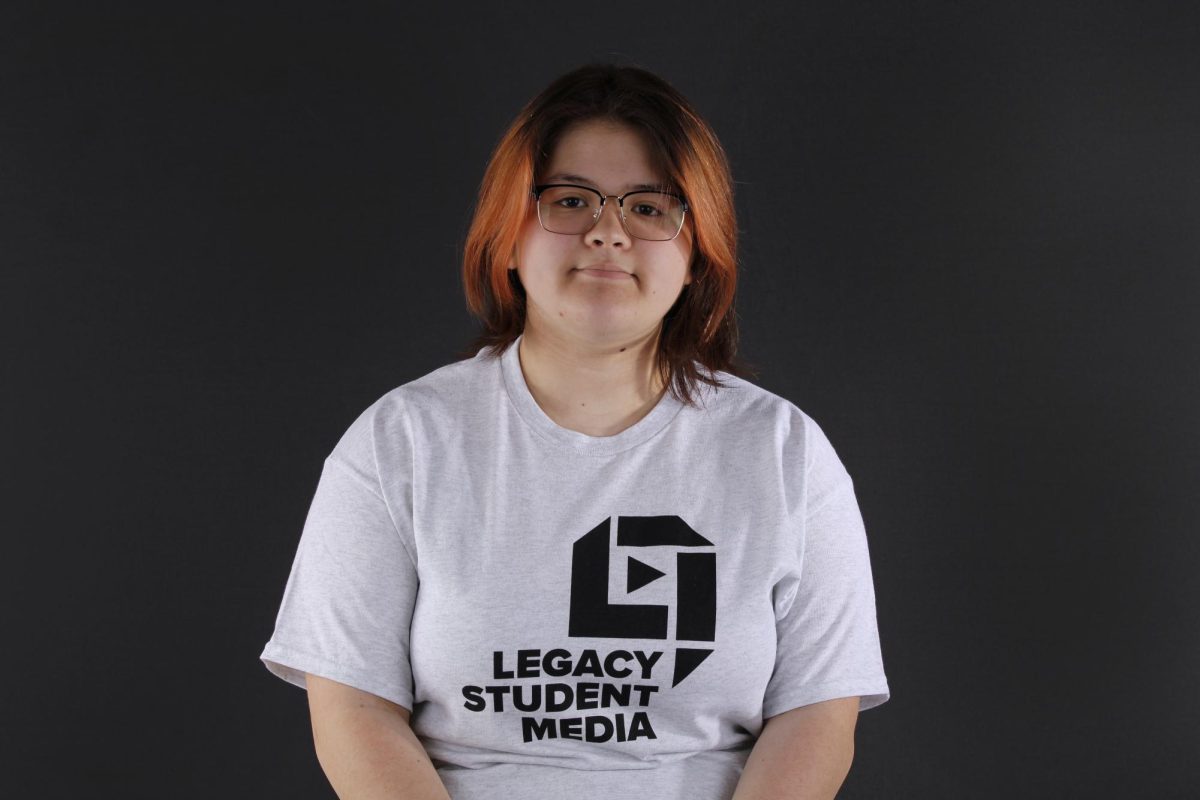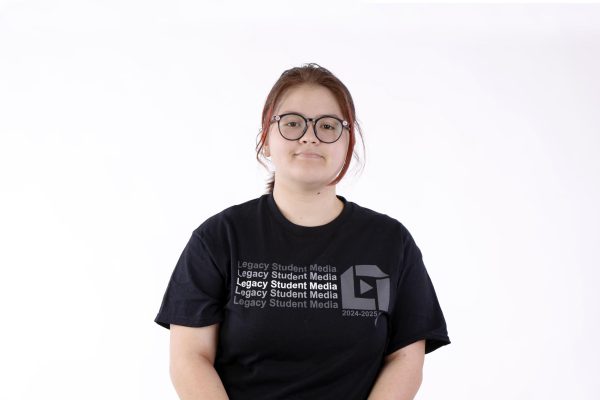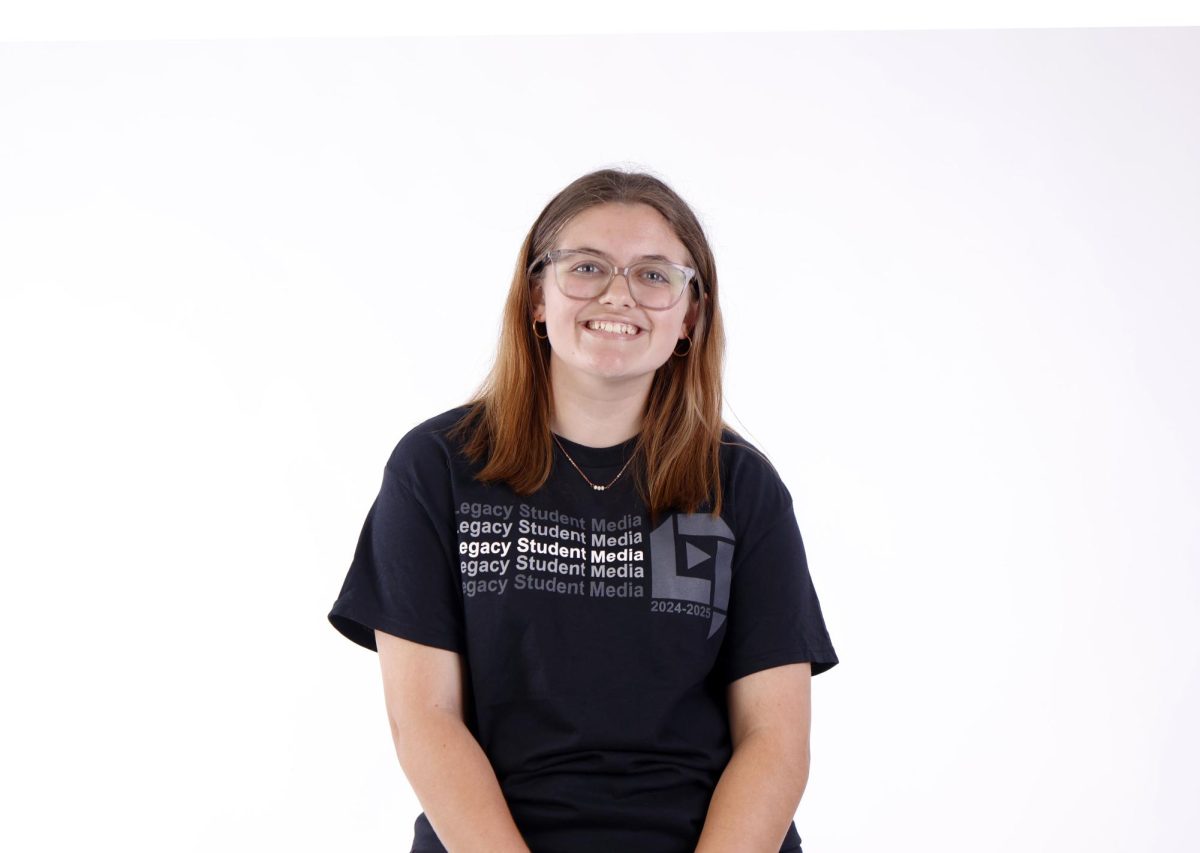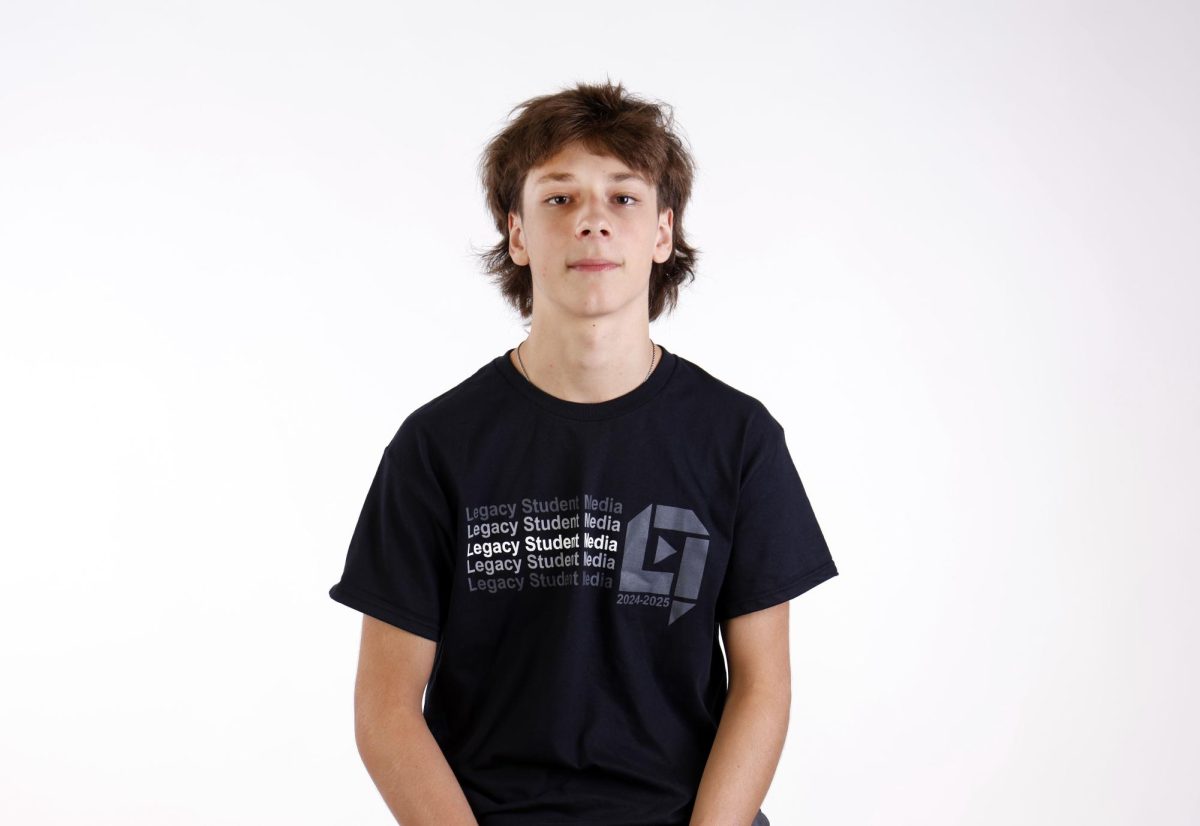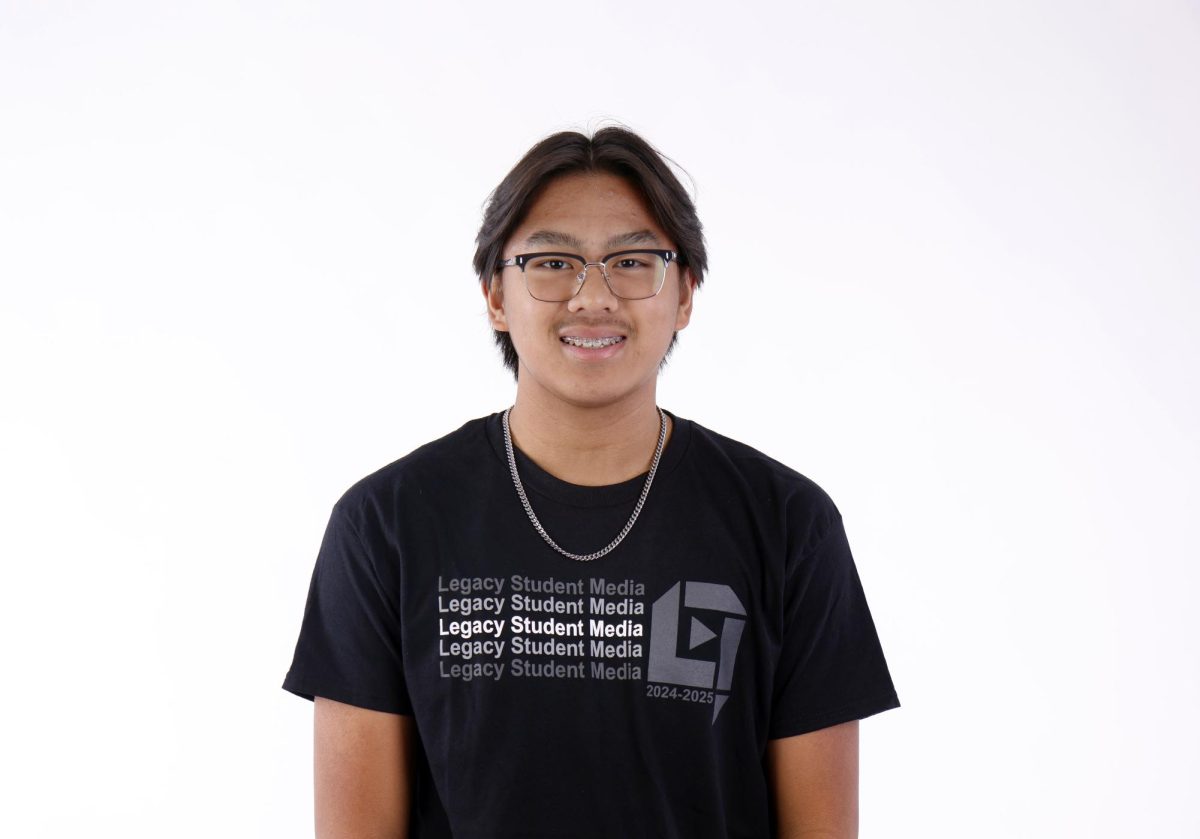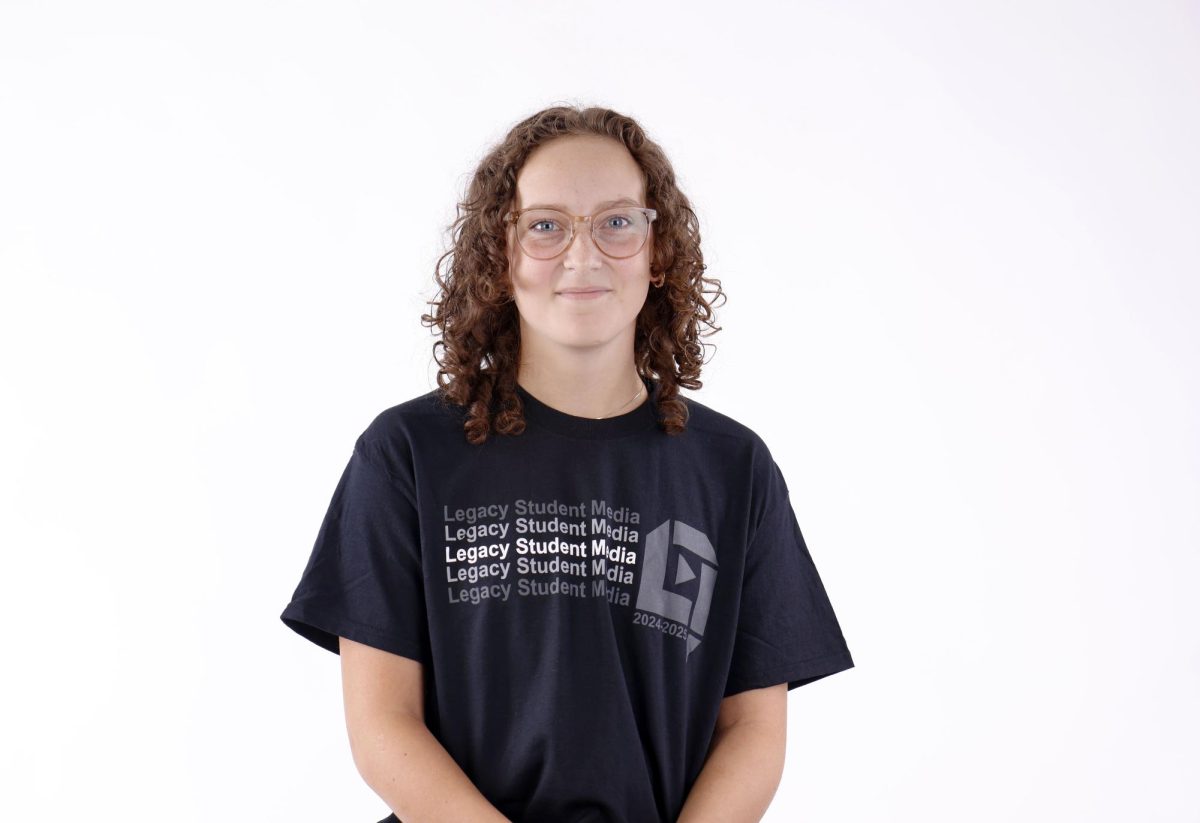I sat in the psychiatrist’s office across from my parents, bouncing my knee and biting my fingernails out of nervous habit. Finally, the doctor enters carrying thick paper packets. She hands one to each of us. She explains the report in our hands, but I tune her out and immediately flip to the back–scanning thick walls of text and clinical gibberish until I find the words I’m looking for.
“Patient has been diagnosed with Attention Deficit Hyperactivity Disorder (ADHD)…”
Growing up, I never noticed anything “wrong” with me compared to my peers. After kindergarten, I didn’t have friends my age for years. My now stay-at-home dad homeschooled me during the week while my mom went to work, meaning I rarely saw other kids. Instead, I adopted my parent’s friends and lapped up praise for being intelligent and mature. I spent little time being an actual child. I missed playing and making all the stupid mistakes of being young. Instead, I existed in this limbo of childish and sweet but intelligent and self-aware, so I scoffed at things kids my age were doing. As I got older and more emotional, the loneliness became overwhelming and I begged to be enrolled in public school for 5th grade.
Public school laid so many social opportunities at my feet, but I had no idea how to make friends or find common ground. Trying to fit in, I learned all the inside jokes, learned the hot topics and the slang. Teachers loved me too, I immediately became a model student, effortlessly mastering the system of homework, tests and notes. I had friends too, people I ate lunch with and talked to in class, but it was all shallow chatter. Rejection was the scariest thing to me at twelve years old, so I let my “friends” glimpse the darker things in my head: the anxiety, the loneliness, the desperation to be seen. I pushed everything else down and started leaving parts of myself at home when I went to school.
Along came spring break of sixth grade. The world came to a total standstill, and we all stayed home. Like most, I was ecstatic about all my newfound free time, but what I didn’t know was everything I’d bottled up was fit to burst. With nobody to mask for anymore, I rediscovered all the things I’d ignored and finally rebuilt everything I’d been missing. Some of my friends at the time thought the symptoms sounded similar to their own ADHD diagnoses, but I simply laughed it off. If I’d had a learning disorder this entire time, somebody would’ve noticed by now. Right?
I denied the idea at first, but it began to gnaw at me. I started digging deeper. Things I did line up way too well with certain symptoms. Masking social behaviors in favor of acceptable behavior, hyper-fixating on things for months on end, the anxious mood swings, it was all there. I dug my heels in the ground for months, rejecting the possibility out of fear. I compiled lists of excuses in my head until it was unbearable and I spilled everything to my parents.
It took a lot of time, confusion and paperwork, but my official diagnosis felt like a heavy weight off my shoulders. I wasn’t an abnormality anymore, simply someone wired differently with specific needs. I began to understand what to look at what made me comfortable, instead of changing myself for the sake of others. A whole new world opened up to me, full of people who understood me and knew how to manage living with a more peculiar brain. I’ve explored therapy and medication, figuring out how to fill in the gaps of my ADHD. There’s plenty of insecurity and second-guessing, but my loved ones remind me of how far I’ve come and then life doesn’t feel so challenging anymore.



